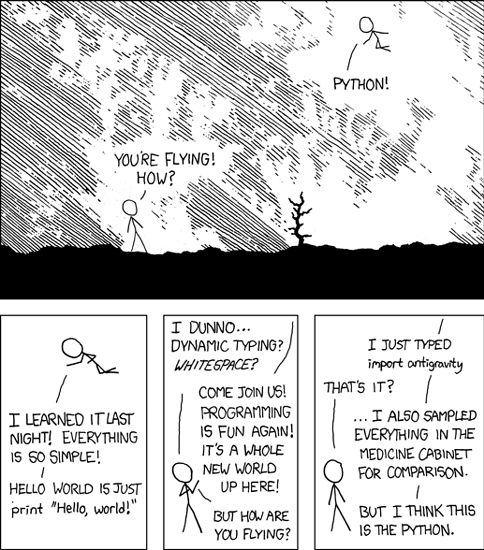Python is very good for doing automation and creating things from scratch, which appear to be your primary goals. It also serves well as an introductory language due to some jargon that means it handles a lot of things for you. So rather than worrying about how much memory a data type is or which data type to use, Python will interpret all that for you. It will also reserve and free up memory without you having to tell it what and when to free it up.
Depending on how deep you go, you may find some limitations with Python, but that’s rare. You would have to get deep into systems programming and computer science theory and application to hit those limitations.
Python is generally always in demand, you can use it for systems administration, web development, automation, machine learning, tools and utilities (such as monitoring and visualizations).
Another good selling point is Python is cross platform. It will work on any Linux operating system, MacOS, and Windows.
Python has a lot of things in the standard library to assist with this. glob and iglob are something I use all the time, as well as their math, os, socket, sys libraries. With the last four, you can make any command line utility you want to do pretty much anything. Check memory usage? Yup. Check if a site is online? Sure. An agent process that collects system and server status? You betcha.
There is a decent tutorial on python.org. This dude covers a lot of content in Python, including the web frameworks to build websites, PyQt for building a GUI, and functional programming concepts (I don’t know if you’ve ever heard of functional programming, but brace yourself for digital heroin).
The negative reviews complain about the accent, but it didn’t bother me  Just don’t play faster than 1.25 speed, maybe.
Just don’t play faster than 1.25 speed, maybe.
 I have a 4 year degree in physics/electrical engineering but my school only really focused on electrical engineering towards the latter part of my degree and unfortunately my current job has absolutely NOTHING to do with electrical engineering.
I have a 4 year degree in physics/electrical engineering but my school only really focused on electrical engineering towards the latter part of my degree and unfortunately my current job has absolutely NOTHING to do with electrical engineering.
 Just don’t play faster than 1.25 speed, maybe.
Just don’t play faster than 1.25 speed, maybe.